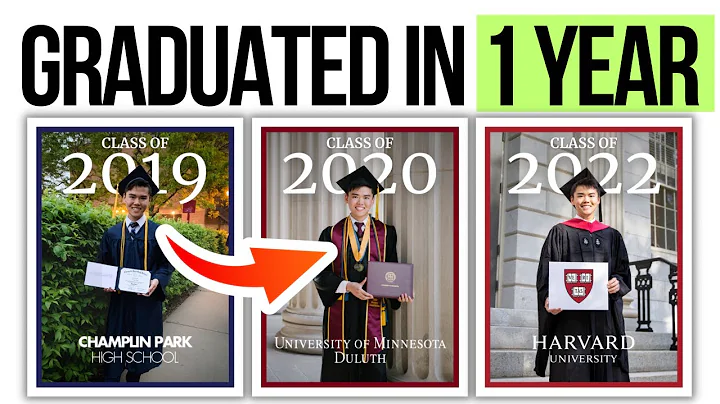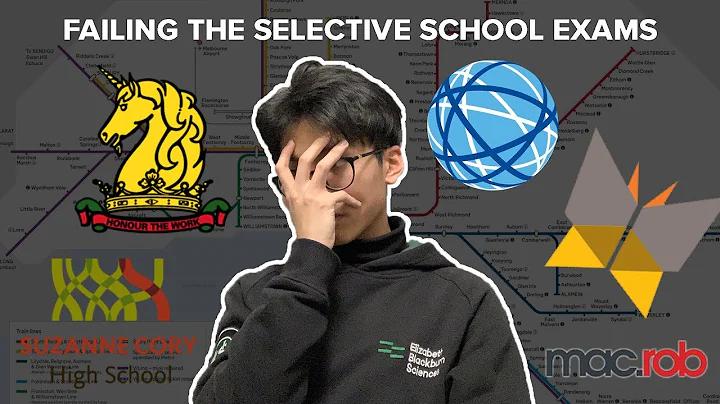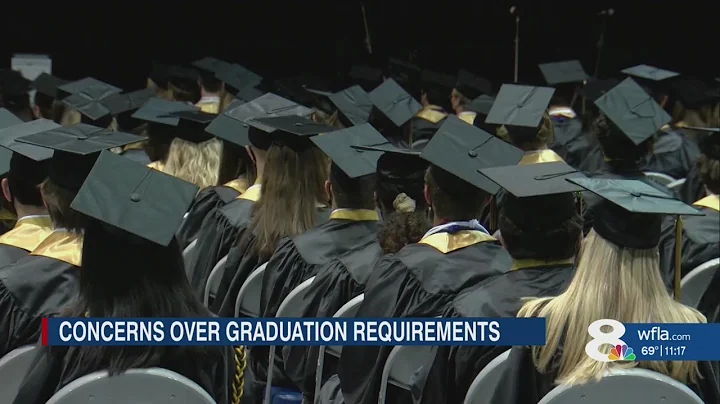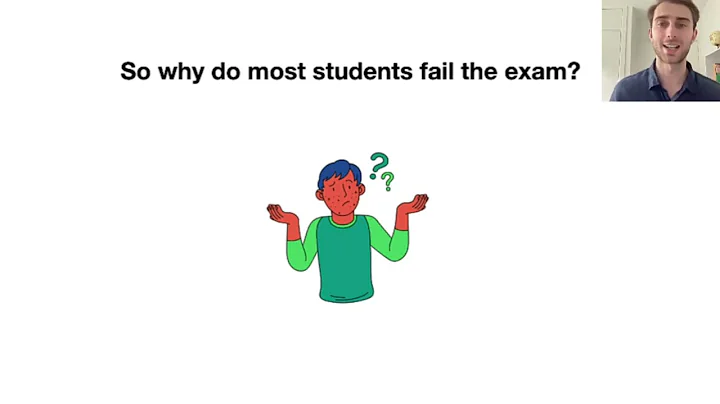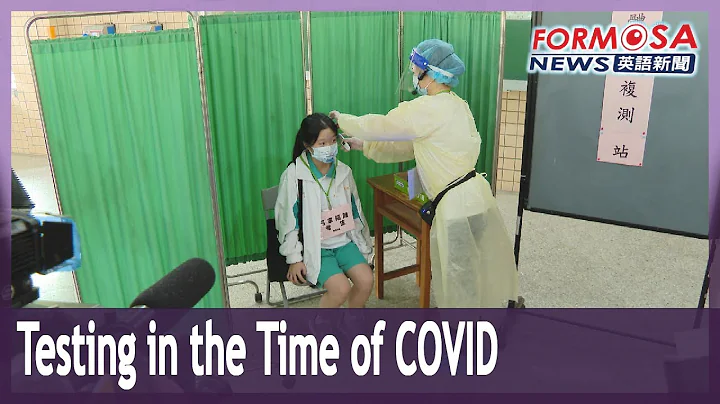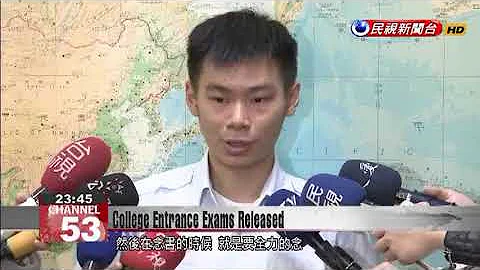
Same mathematics learning, but different requirements
(1) Content
overall content (more than 10 books...),
content of one lesson ( Vedic Theorem one lesson and one week of lessons...)
(2) requirements
i. A road...choose one of many roads (ability requirement)
ii. Walk with you...tell the route and walk by yourself, or even have multiple roads and learn to choose from them.
iii. In-class and out-of-class: Is it enough to “understand” what you listen to in class? The key is to implement self-improvement
Is it enough to be able to do the homework in the book? Still understanding, adapting and applying.
Learning stage
The third stage of junior high school: "Understand, know, and be right" Understand - know, can repeat, understand the steps (watch the coach swimming, what actions to do, how to coordinate) Can - can imitate, master the solution Can directly use the knowledge learned (can do complete swimming movements) to analyze specific problems in detail, use problem-solving methods to correctly solve specific problems, remember a route, and be able to deal with possible encounters on this road. The problem is getting to the destination correctly.
The fifth stage of high school: from "understanding, understanding, and understanding" to "living and familiarity"
"Living" means "flexible", which means not sticking to the fixed pattern and being good at adapting. Learn to have multiple solutions to one question and multiple changes to one question. Junior high school students have little knowledge, so memorizing knowledge and methods is not a problem, and they can think of them in time when doing questions. There are many knowledge methods in high school. Therefore, you should summarize the knowledge and methods you have learned in a timely manner so that your knowledge becomes a network and a set of methods.
"Some students do well in one exam and do poorly in another." The fundamental reason for falling into this "strange circle" is that the knowledge structure of these students is incomplete, which affects the flexibility of extracting knowledge when solving problems.
If you do well in the exam, it’s because the content you are good at is tested, and the questions are often relatively rigid; if you do poorly, it’s because the content you are weak in is tested, and these contents do not form an orderly structure in your knowledge structure. , and even their "clues" cannot be found, and the results are naturally not ideal.
Those "constant victors" in exams, no matter how difficult the test questions are, their results are always so excellent. In fact, their knowledge and ability structure is more complete than yours, so they are more flexible than you in solving the questions. , the results are naturally better than yours.
In fact, there are similar examples in life. If you organize some tools at home in an orderly manner, then when you want to use a hammer, you can quickly "position" it and find it easily.
"Mature" means "skilled". To be clear, it means automation.
When experienced drivers encounter special road conditions or dangerous situations, they can deal with them freely without having to recite precautions for dealing with dangerous situations. This is automation. When some students encounter a mathematical problem or new problem, they can automatically think of problems they have done before or methods they have learned. This is not because of their flexible brains, but because they are highly proficient in the mathematical knowledge and methods they have learned. How to become proficient in
?
(1) A lot of practice. Mathematics performance is achieved through practice. Of course, you must also learn to review and summarize after solving problems.
(2) Independent, time-limited practice. Review in time after class, and then do homework. Treat homework as a test and complete it independently within a time limit.
(3) Mock exam. Pay attention to the test after each chapter and section, and check for any omissions.
It is not difficult to learn high school mathematics well. How to learn high school mathematics well
1. Understand the five stages of mathematics learning, and use this as a requirement to learn high school mathematics.
2. Do a good job in mathematics as the six links of learning:
Preview - listen to the lecture (handle the relationship between listening to the lecture and taking notes) - timely after-class review - independent homework - stage review - an appropriate amount of independent practice
3. Advance Study and prepare before the start of the first year of high school
Preparation before the start of the first year of high school is very important for the study of high school mathematics
(1) There is a huge difference between junior high school and high school mathematics.
The content of high school mathematics is more than ten times that of junior high school mathematics. The difficulty is greatly enhanced, and high school is a selective learning requirement.
(2) How to connect middle school and high school mathematics
Here, I want to talk about the comprehensive connection, not just the advanced learning of high school courses that some tutoring institutions or parents are currently concerned about.Because many first-year students are not adapted to high school teaching methods, or have incorrect learning methods, or have incorrect learning attitudes, they are unable to correctly respond to and solve problems that arise in the high school mathematics learning process, resulting in a sharp decline in their grades.
Adjust your mentality and start from scratch
1. After junior high school, previous results have become a thing of the past. You have to start from scratch and prepare for high school study. My child has completed most of his high school courses on his own, and I have not tutored him for a single day. Completely self-taught.
2. To make up for the mathematics connection knowledge that was not learned in junior high school and is not included in the textbooks, she should study the high school course content appropriately by herself; I will provide the materials, and she will study by herself, and I will provide appropriate guidance to complete it. Note: There will be content that you cannot understand or find difficult during self-study. Don’t just think that it exceeds the requirements. The difficulty of mathematics in middle and high schools is completely different. Let your children develop experience and methods on how to deal with these problems.
3. Cultivate your own self-learning ability and thinking ability at the same time (a very important ability in high school study); in fact, the above self-study process is also a process of cultivating children's self-learning ability and mathematical thinking ability.
4. Exercise your ability to live independently and correctly handle relationships with classmates and teachers; at the same time, you must develop a responsible and hard-working spirit, be able to endure loneliness, be able to calm down, and devote yourself to learning.
Parents should pay attention to letting go of this point. Many students have to live independently in high school, and parents cannot do it all. At the same time, students should pay attention to cultivating their abilities and spirit in this area during the holidays
5. Understand the learning methods of high school mathematics and practice them in the process of connecting learning.
Welcome to follow the WeChat public account: High School Score Guide



